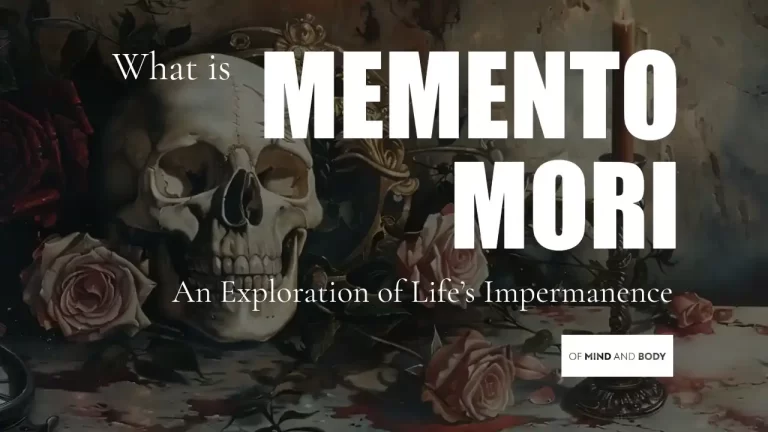Following on from our exploration into Stoic Exercises for Beginners, we now delve into more advanced Stoic practice and techniques. These practices can deepen our understanding of Stoicism, enhance our resilience, and guide us towards a more virtuous and fulfilling life.
Negative Visualisation

Negative visualisation is a Stoic technique that involves imagining negative events or outcomes. This practice can help us appreciate what we have, prepare for potential challenges, and reduce our fear of adversity.
Exercise:
Take a few minutes each day to practise negative visualisation. Imagine losing something you value—a possession, a relationship, a job. How would you cope? What would you learn? This practice can enhance your appreciation for what you have and prepare you for potential losses.
Voluntary Discomfort

Voluntary discomfort is a Stoic practice that involves intentionally experiencing discomfort. This practice can help us build resilience, reduce our fear of adversity, and enhance our appreciation for comfort.
Exercise:
Once a week, practise voluntary discomfort. This could involve skipping a meal, taking a cold shower, or sleeping on the floor. Notice your reactions to the discomfort and reflect on what you learn from the experience.
The Stoic Fork

The Stoic fork is a principle that involves distinguishing between what is up to us and what is not up to us, but with a more nuanced understanding. It recognizes that some things are partially within our control, such as our health, reputation, and wealth.
Exercise:
Throughout the day, whenever you encounter a challenge, apply the Stoic fork. Ask yourself: “What aspects of this situation are up to me? What aspects are not up to me? What aspects are partially up to me?” Focus your efforts on what is up to you and accept what is not.
The Inner Citadel

The inner citadel is a metaphor used by Stoics to describe the mind as a fortress that can remain undisturbed by external events. Cultivating the inner citadel involves developing inner peace, resilience, and equanimity.
Exercise:
Each day, take a few minutes to cultivate your inner citadel. Visualise your mind as a fortress, undisturbed by external events. Practice maintaining this sense of inner peace and equanimity throughout the day.
Conclusion
These advanced Stoic exercises and techniques can take your Stoic practice to new depths, bolstering your resilience, wisdom, and inner peace. As we journey further into the heart of Stoicism, our next stop will be the Stoic perspective on happiness and contentment.
I trust this deep dive into advanced Stoic exercises has equipped you with some practical tools to enrich your Stoic practice. But as we venture further, let’s remember, Stoicism isn’t just a philosophy to be understood—it’s a way of life to be lived. So, let’s not merely study Stoicism, let’s breathe life into it, living out the wisdom of these philosophers in every stride we make.




One Response